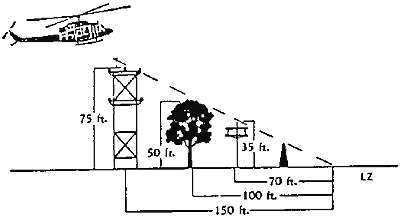We are the communications center for the University of Virginia Health System and provide dispatch services for Pegasus as well as flight following for transient aircraft. We can be contacted at the telephone numbers listed for activation of Pegasus, or you can reach them via the radio frequencies below.
Telephone:
(800) 552-1826 Emergency Virginia Requests
(800) 882-4354 Emergency Out-of-State Requests
(434) 924-9287 Non-Emergency Contact Number
Radio:
462.950 (Med 9)
462.975 (Med 10)
155.340 (EMS 1)
123.050 (VHF Aviation)
Flight Activation:
What information do we need to know? To expedite the dispatching of the aircraft, please have the following information available:
Scene Request:
- Requesting agency
- Name of caller
- Call-back number
- Number and type of patient(s)
- Radio Contact for the LZ coordinator and Radio Frequency
- If available, any initial landing zone information
Inter-facility Request:
- Requesting agency
- Name of caller
- Transferring physician
- Receiving agency
- Receiving physician
- General patient information including weight and any special requirements
Landing Zone Information
Landing zone information should include the nearest road intersection or north/west coordinates. The helicopter requires an unobstructed flat area of approximately 100 square feet which should be well marked with cones or other similar marking devices. White lights, such as flood lights, should be avoided at night. The helicopter will make radio contact with the landing zone coordinator while en-route to the scene. Information relayed to the flight crew should include any overhead obstructions, wind direction and speed, and approximate size of area.
(Additional room should be allowed for obstructions in the flight path.)

Landing Zone Safety
- LZ personnel should wear eye and ear protection.
- Ensure loose item are secure, including helmets and equipment.
- DO NOT APPROACH the aircraft until directed by the flight crew.
- No vehicles, bystanders, or smoking within 100 feet of aircraft.
- AVOID THE TAIL ROTOR and allow no personnel to approach the rear of the aircraft.
- The main rotor of the August 109E Power is lowest at the front of aircraft. Approach and depart from the aircraft 90 degrees from the side of the aircraft at the direction of the flight crew.